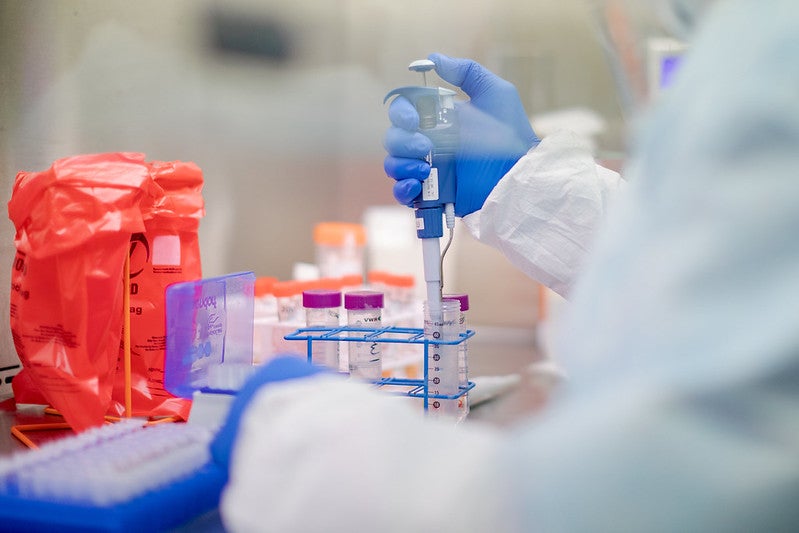
Japanese pharmaceutical company Shionogi has signed a licensing agreement with Nihon University, Gunma University and Tokyo Medical University for a new rapid diagnostic method for viruses, including coronavirus (Covid-19).
The test uses a viral rapid diagnostic method and signal amplification by ternary initiation complexes method (SATIC method). The method was developed by the joint research team, consisting of Nihon University, Gunma University and Tokyo Medical University.

Discover B2B Marketing That Performs
Combine business intelligence and editorial excellence to reach engaged professionals across 36 leading media platforms.
The method allows determining the presence or absence of SARS-CoV-2 or influenza virus without a detector. It also enables the detection of viruses from saliva and sputum, along with nasopharyngeal swabs.
The patient will be able to collect their own saliva samples, reducing the risk of infection among healthcare workers associated with specimen collection.
In addition, the results can be delivered in approximately 25 minutes after sample collection.
The company noted that the accuracy of the tests is equivalent to those by polymerase chain reaction (PCR) tests.

US Tariffs are shifting - will you react or anticipate?
Don’t let policy changes catch you off guard. Stay proactive with real-time data and expert analysis.
By GlobalDataThe use of the test method is expected to enable the diagnosis of Covid-19 in patients without symptoms more quickly and conveniently. Patients would also benefit from early diagnosis-based preventive measures against aggravation and early administration of treatment drugs.
Shionogi noted that it will work closely with the government, industry and the universities to quickly market the new rapid diagnostic method to contain the pandemic.
Earlier this month, Shionogi launched IgG/IgM Antibody-test Kit for Covid-19 as a research reagent to detect the number of SARS-CoV-2-infected patients.





